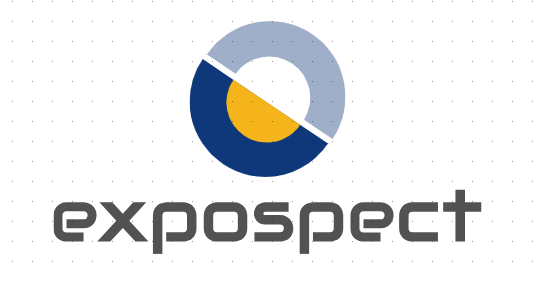Transforming Education: The Role of AI in Education and Education Jobs
Uncover the role of AI in education and education jobs. Learn how it's changing teaching roles and enhancing student experiences.

Artificial Intelligence (AI) is revolutionizing education. It's reshaping how we teach, learn, and work in the education sector. This transformation is both exciting and challenging.
Introduction: The AI Revolution in Education
AI in education is more than just a buzzword. It's a powerful tool that's changing the landscape of learning. From personalized lessons to automated grading, AI is making its mark.
Schools and universities are increasingly adopting AI technologies. They're using chatbots for student support and AI-powered tools for curriculum design. This shift is creating new opportunities and challenges for educators.
Understanding AI in Education
Personalized Learning: Tailoring Education to Individual Needs
AI is making personalized learning a reality. It analyzes student data to create custom learning paths. This approach ensures each student gets the support they need. According to a study, AI-driven personalization can improve student outcomes by up to 40%. It adapts to each student's pace and learning style. This tailored approach boosts engagement and understanding.
Intelligent Tutoring Systems: Enhancing Student Support
AI tutors are available 24/7. They provide instant feedback and guidance. These systems can identify knowledge gaps and offer targeted help. Carnegie Learning's AI-powered math tutor, MATHia, has shown promising results. Students using MATHia showed twice the growth in math skills compared to those who didn't.
Check the More Blog About Tech
Administrative Automation: Streamlining Educator Workflows
AI is taking over routine tasks. It's freeing up teachers to focus on what matters most: teaching. From grading assignments to managing schedules, AI is boosting efficiency.

Benefits of AI in Education
- Enhanced Learning Outcomes: AI tools are boosting student performance. They're making learning more engaging and interactive. Virtual reality and gamification are transforming dry subjects into exciting adventures.
- Increased Efficiency in Education: Teachers are benefiting too. AI is reducing their workload and stress levels. This improvement in working conditions is helping retain talented educators.
- Universal Access to Quality Education: AI is breaking down barriers to education. Online platforms powered by AI are reaching remote areas. They're providing quality education to those who might otherwise miss out. A report by UNESCO highlights how AI can help achieve the Sustainable Development Goal of Quality Education for All.
Challenges and Ethical Considerations
- Data Privacy Concerns: With great power comes great responsibility. AI systems collect vast amounts of student data. Ensuring this data is protected and used ethically is crucial.
- Bias in AI Algorithms: AI is only as unbiased as its creators. There's a risk of perpetuating existing inequalities through biased algorithms. Developers must work to create fair and transparent systems.
- Balancing Human Interaction and AI: Technology should enhance, not replace, human interaction. Finding the right balance is key to successful AI integration in education.
Future of AI in Education
- Collaborative Learning Environments: AI will facilitate more peer-to-peer learning. It will create virtual spaces where students can collaborate across borders.
- Interdisciplinary Studies with AI: AI will break down subject silos. It will help students see connections between different fields of study. This approach will better prepare them for the complex challenges of the future.
Implications for Education Jobs
- Shifting Roles of Educators: Teachers won't be replaced by AI. Their roles will evolve. They'll become facilitators, guiding students through AI-enhanced learning experiences.
- Professional Development for AI Integration: Educators will need new skills. Understanding AI and how to use it effectively will be crucial. A survey by McKinsey found that 76% of teachers believe AI will become an essential teaching tool.
- The Future Job Market in Education: New roles will emerge. Data analysts, AI specialists, and learning experience designers will be in high demand in the education sector.
Conclusion: Embracing AI in Education
AI in education is not just about technology. It's about reimagining learning for the 21st century. It offers incredible opportunities to improve education for all. The future of education is exciting. AI will play a crucial role in shaping it. But it's up to us to ensure this technology is used wisely and ethically. As we move forward, let's embrace the potential of AI in education. Let's use it to create a more inclusive, effective, and engaging learning experience for all.
What's Your Reaction?




































